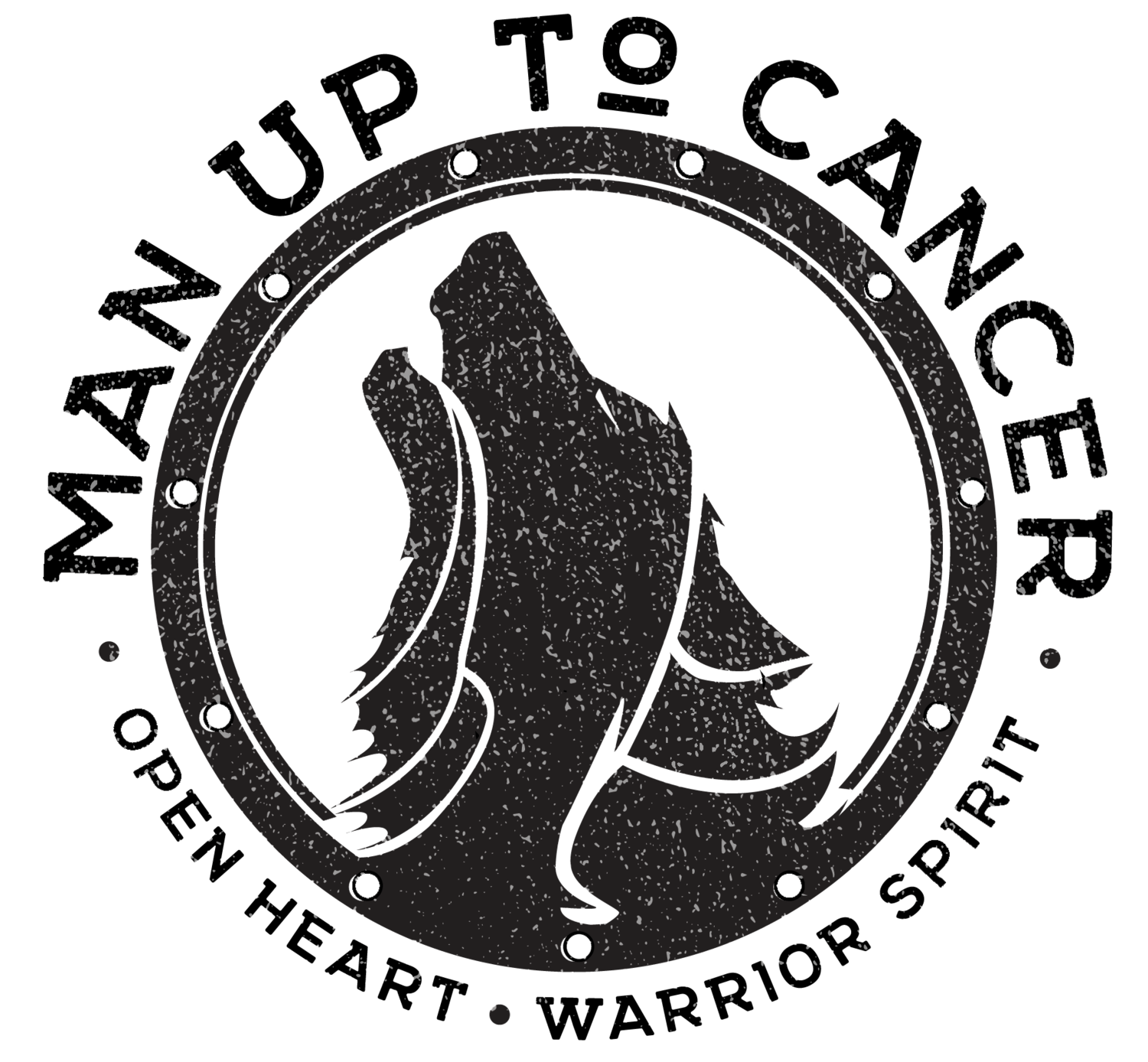Finding my people in COLONTOWN
Published Nov. 22, 2019, CURE Today
Click here to read the article on the magazine website
By Trevor Maxwell
What does colorectal cancer look like up close, in person?
It’s a proud mother and wife from Kansas City who just went through her 83rd chemo session and who is determined to watch her son swim at the Big Ten Championships in February.
It’s the kind smiles and tired eyes of a couple from northern California who lost their 37-year-old son to colorectal cancer a year ago, and who are stepping up their advocacy work so other parents won’t have to endure that grief.
It’s a marketing professional who refused to settle for any old medical team, so she moved her family from Chicago to Los Angeles, where a world-class oncologist gives her the best shot at making memories with her husband and 2-year-old daughter.
These are some of the remarkable friends I’ve found in COLONTOWN, an online hub for nearly 5,000 colorectal cancer patients and caregivers.
COLONTOWN is structured in private groups on Facebook. The core “neighborhood” is called Downtown. From there, members can participate in more than 100 smaller neighborhoods. For example, Four Corners is for Stage IV patients like me, Stoma City is for those with ostomies, and the Corner Cupboard offers solutions to common side effects.
Each neighborhood is overseen by hosts who are patients or caregivers themselves. They answer questions and share evidence-based news and resources.
To me, this is the “patient-to-patient” movement in action. It’s all about the real-time exchange of information and experience related to treatment options, clinical trials, cancer centers, oncologists, research, complementary therapies, and anything else that might help patients live longer.
Earlier this month, I had the pleasure of meeting 25 members who gathered in San Diego for an “Empowering Patient Leaders” workshop. During the weekend event, a small group of COLONTOWN leaders trained me and other newcomers on the latest advances in CRC treatment and on how to serve as neighborhood moderators.
To be honest, I didn’t know what to expect. What would my fellow patients be like? Would it be a gloomy weekend?
Nope, not at all.
This was a group of smart, talented, kind, upbeat and motivated people.
I realized I was participating in a think tank with the potential not only to change individual lives, but to change the delivery of CRC care. That might sound like a stretch to outsiders, but folks in our shoes don’t have time for small steps.
Many of the San Diego crew are stage IV patients. Our original colon or rectal cancer has spread to other parts of the body. Many of us are relatively young, in our 30s and 40s, with spouses and kids.
We are well aware that most patients with metastatic CRC are not alive five years after diagnosis.
I was the outlier at the workshop — the only patient there with the “hot” kind of tumor biology that makes me an ideal candidate for immunotherapy, which is my current treatment. The long-term outlook is unknown, but immunotherapy gives me realistic hope.
Trouble is, only about 5% of all metastatic CRC patients have this biological profile. The other 95% have “cold” tumors that rarely respond to immunotherapy.
This hard fact makes the San Diego workshop participants even more remarkable. Here they are, dedicating a significant chunk of their time to help other patients, knowing the next treatment breakthroughs might come too late to save their own lives.
I came away from San Diego motivated, and with new friends.
One of them is the Manju George, a rectal cancer survivor from Omaha, possessing a brilliant mind and a heart of gold. She is a scientist-researcher, and one of the COLONTOWN leaders. We engaged in a debate over whether CRC patients are brave, simply by living with our disease.
She said no, because cancer isn’t a challenge we asked for.
I looked around the conference room, considering the surgeries and chemo infusions, CT, MRI, and PET scans. I thought about the families. I thought about Manju, who spends so much time selflessly educating others, encouraging us to stand up for ourselves, and connecting us with the brightest minds in the field of cancer care.
Sorry Manju, I’m not backing down on this one.
You are what courage looks like to me.

